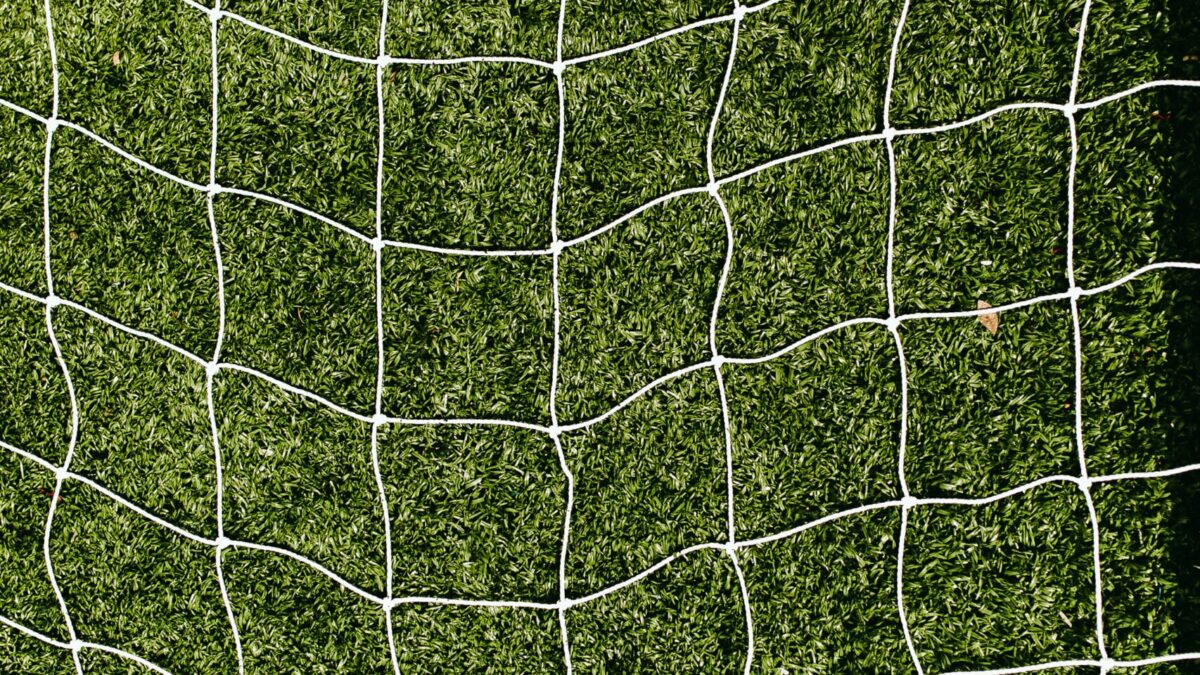
Commercial Awareness Update – W/C 24th July 2023
July 25, 2023
How Are Rising Interest Rates Impacting Commercial Real Estate?
July 30, 2023Article by Bethany Seed
Introduction
The Russia-Ukraine conflict has dominated the news since Russia invaded Ukraine in February 2022. Many governments have responded by sending humanitarian aid to Ukraine and placing sanctions on Russia. The United Nations (UN) estimates that 17.6 million people within Ukraine need humanitarian support and approximately 1/3 of the population has been forced to leave their homes. The UK government aims to provide life-saving assistance to people seeking refuge in the region, provide a well-coordinated and well-funded response with our allies and insist on International Humanitarian Law (IHL) being followed to ensure that humanitarian assistance gets to those who need it most.
The purpose of the UK Government sanctions on Russia is to encourage Russia to cease actions that are destabilising Ukraine or threatening its territorial integrity and independence of Ukraine. But are the sanctions working? And are they going far enough? This article will focus on the current measures in place in the UK and their impact specifically on the sports industry.
What sanctions have been implemented?
The Russia (Sanctions) (EU Exit) (Amendment) Regulations 2023 were implemented to weaken the Russian economy and its financial and military capabilities, with a view of dampening their ability to wage a war in Ukraine.
Under these regulations, the UK has banned the import of diamonds and gold from Russia which approximates to a £4 billion loss for the Russian economy. In addition, the UK has banned all Russian gas and oil imports. The International Energy Agency (IEA) estimates that oil and gas exports in Russia total £12 billion. The UK has frozen assets of Russia’s central bank and removed them from Swift, an international financial messaging system, to delay payments for oil and gas. It has also frozen assets at other Russian banks and banned Russian firms from borrowing money. Currently, approximately £275 billion of Russia’s currency reserves have been cut off. But are these sanctions working?
In some respects, yes they are. The IEA approximates that the oil and gas exports total £12 billion which is a significant loss to the Russian economy. However, although the UK and Europe are imposing sanctions on Russia in solidarity with Ukraine, a number of countries are not. Russia is still importing oil and gas to India and China at an estimated rate of 8.3 million barrels per day.
The initial response of the UK government was rapid. The conflict began in February 2022 and by March, some of the sanctions were coming into force. However, it should also be noted that the UK has been imposing sanctions on Russia since 2014, when Russia began an annexation of Crimea. The response to these sanctions has not been entirely positive, with many EU states asking for them to be reconsidered over the years.
Sports Industry Updates
So, what do the sanctions mean in practice? Using the example of the sports industry, many high-profile sportsmen and associated business professionals have been impacted by the UK sanctions against Russia.
For example, Roman Abramovich, the former Chelsea FC owner. It is estimated that Chelsea lost £121 million in the 2021/22 financial year, with the club citing the reason for the loss was the UK government sanctions on Abramovich. Chelsea were placed under a ‘special license’ which restricted their ability to sell tickets, accept event bookings and sign contracts with players. However, the UK government allowed the club to continue to play football. The rationale for this decision was that the club is a “cultural asset” and they wanted to “protect the sport.”
In addition to the impact on Chelsea FC, several other football clubs have elected to suspend deals with Russian-linked businesses and individuals. Everton has ended sponsorship deals with businesses linked to Alisher Usmanov who was sanctioned by the UK government. Manchester United ended a deal with the Russian national airline, Aeroflot. More broadly speaking, the Football Associations of England, Wales, Scotland and Ireland have announced that they will not play any matches against Russia for the foreseeable future. Broadcasts of English and Scottish matches have also been suspended.
The sanctions are not only affecting the sport of football though. Nikita Mazepin, a Russian racing driver, has begun legal action in the High Court against the Foreign Secretary to get the British sanctions against him lifted. The sanctions have seen the driver subject to an asset freeze and a travel ban and has lost his position as a driver for the F1 Team Haas. The team also terminated the contract of their title sponsor Uralkali, a Russian chemical company.
The International Olympic Committee (IOC) has said it is standing by sanctions imposed against Russia over the invasion of Ukraine. Government officials from Russia and Belarus will not be invited to any international sporting events and no events will be organised in those countries. The IOC is still unsure if Russian athletes will be able to qualify for the 2024 Olympics as neutral competitors as they believe that “no athlete should be prevented from competing just because of their passport.” The Ukrainian Prime Minister Volodymyr Zelensky has contrarily stated that allowing Russia to compete at the Games would be tantamount to showing “terror is somehow acceptable.”
Similarly, Daniil Medvedev and other Russian and Belarusian tennis players have been barred from participating at Wimbledon. Serbian player Noval Djokovic has criticised this decision saying that he doesn’t “see how they have contributed to anything that is really happening.”
Conclusion
The UK implemented sanctions against Russia in a bid to prevent the ongoing invasion of Ukraine. The aim was to put a strain on the Russian economy and to encourage Vladimir Putin to withdraw his forces. However, the Russian economy has only suffered an approximate decline of 2.7% which would indicate that the sanctions have not entirely fulfilled their purpose. It seems that the sanctions have disproportionately affected certain individuals in industries such as sports, rather than serving as a method to weaken Russia’s ability to sustain the war.
Bibliography
UK government’s humanitarian response to Russia’s invasion of Ukraine – GOV.UK (www.gov.uk)
UK sanctions relating to Russia – GOV.UK (www.gov.uk)
What are the sanctions on Russia and are they hurting its economy? – BBC News
Ukraine crisis: sanctions and UK football | Institute for Government
Are the economic sanctions against Russia actually working? (yahoo.com)
Nikita Mazepin: Russian driver begins High Court bid to get sanctions lifted – BBC Sport
Why Sanctions Against Russia Work – Intereconomics
https://commonslibrary.parliament.uk/research-briefings/cbp-9476/





